Many artists have felt a sense of trepidation regarding their futures when confronted with artificial intelligence. It may pose a serious threat to sectors of the music industry. The following is a list of thoughts that guide how I counsel my students:
How does AI work? It takes the average of everything relevant to a topic and presents it in a linguistically natural form. ChatGPT does this with words, and Suno (among other music apps) does this with sound. Every AI platform uses models trained on core topics help define basic protocols. So, AI pulls from millions of rock tracks to model what rock sounds like. The result will be the average rock song. Likewise, lyrics from these songs will be average lyrics based on how rock song lyrics normally go mixed with whatever content the user desires. AI creates average music.
When do people listen to average music? This is the kind of music played in department stores, in the background of sitcoms and advertisements, and in low budget media (movies, TV shows, video games). This is also the kind of music that people fall asleep to and appears on mood playlists. These are passive listening experiences, where the attention of the listener is not on the music but elsewhere. If your music falls into one of these categories, then you might be in serious trouble within the next few years.
How does one write better than AI? Because AI writes average music in the most literal sense, musicians will be forced to write music that is not average, even above average. Music above average has depth and craft. It has the ability to set up conventions (like AI does) but then stretch them or even break them. Even more challenging, it can create a sense of anticipation and carefully increases the anticipation until a climax. AI is especially good at writing music that goes nowhere because the challenges of creating and sustaining anticipation through playing with conventions require a new solution in every case. The only drawback to such music is that it requires an active listening experience. This sort of music requires a bit more investment from the listener (or can be paired with another artform).
What if AI gets better? It will. And one day, AI will write “better” than us all. But wait a second, what does that even mean? While we can all get better at our craft, we can all write good music with some training and deliberation. There comes a point where professionals write good music, and comparison is more about taste. Then, there’s the human factor. Music written by humans is going to be about the human experience and done so in a way that is unique to the artist. Also, there is value in imperfection and spontaneity. The power of improvisation comes from its improvised nature, and every performance has a little bit of its own adventure built into it.
What if listeners don’t care about music written by composers anymore? They will. Perhaps not everyone will care. Those people who don’t care are the same people who already ignore what musicians do. The people who do care about music and invest in it are looking for something more and will find it in human music. Where will they find it?
Live performances. Write music in a way that gets someone off the couch, into a car, and to a venue. This requires careful concert curation, planning the concert with as much thought as one might curate a visual art gallery.
Artistically-minded media. Write music that is married to other artforms. Film music should be so intricately cued and orchestrated that it can’t be replaced by something else. This isn’t a new phenomena because film directors already use older music in their work. Video game music should have such a distinctive sound that it serves as the signature of the game. Again, this is already a well-known fact. People seek out media with good music and rave about it (probably in video game world even more than in films these days).
Improvisation. Write music that incorporates elements that change every time.
Site-specific music. Sound installations are powerful because they are tied to a location. The music acts as a commentary to the place or transforms an otherwise normal space into something extraordinary.
Anywhere, as long as it’s human. People do enjoy connecting with music, but they equally like connecting with the human behind the music. So, be that human. Be friends with the people who are interested in what you do. Focus on building good and healthy relationships with everyone in music. Don’t change who you are for others (well, unless you insult others or have a serious chip on your shoulder), and you’ll find that good things tend to happen. People are looking to hear music from good, authentic people, real people.
So, I’m actually excited about what AI means for music. It means that composing means something more than the status quo. We might be entering an age where human-made music is valued more than ever, and this means that listeners will look for artists who have compelling craft. Not everyone will care about active listening, and they never really cared before AI anyhow. The people who do care will keep on looking for it, and they’ll find what they’re looking for just as much as they did before. So, if you’re writing thousands of stock tracks for download or streaming, you might need to change your game in the near future. Otherwise, the future is bright if you’re willing to continually improve your craft.

